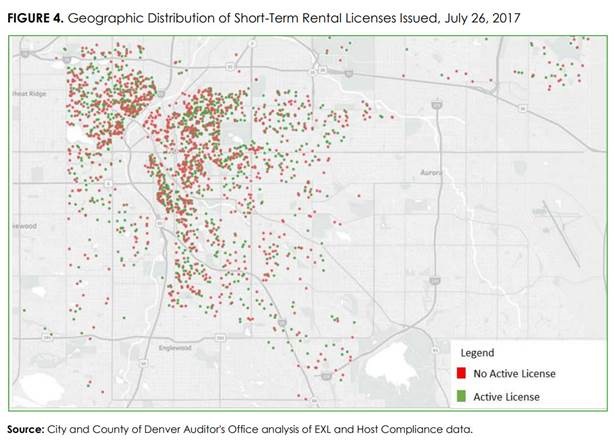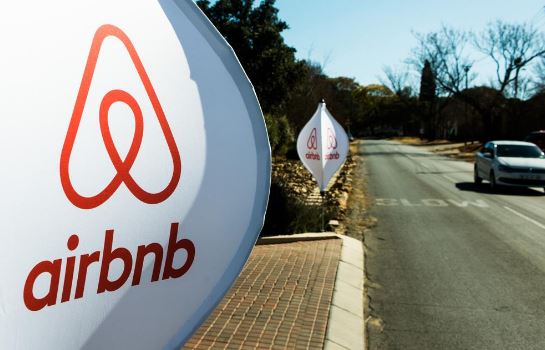If you haven't been following the rules for short-term rentals in Denver, you're not the only one.
According to Denver City Auditor Timothy O'Brien, the city needs to do a better job at enforcing the regulations. Those rules say places you rent out must be the landlord's primary residence, meaning second homes, and investment properties, and the apartment you rent from someone else can't be listed on websites like Airbnb or VRBO. The person listing the place also has to have a license, and they are required to pay and collect tax revenue.
O'Brien's office found there are discrepancies between the law and how it's enforced, and that some people received license who shouldn't have.
Per the auditor, discrepancies include not having proof of possession of the rental, the city not having a clear policy on insurance, and the city not checking thoroughly enough to see if applicants have any outstanding fines. O'Brien writes the confusion could open the city up to legal trouble, if someone perceives this to be unequal treatment between applicants.

An audit shows some people registered more than one rental to a license, or multiple licenses were given to one person. The auditor's office says that out of 1,642 applicants who received more than one short-term rental license, 20 of them had a license registered to more than one address.
Denver handed out about 2,000 short-term rental business licenses between Jan. 1, 2017, and Aug. 31, which accounts for only 68 percent of the short-term rentals listed online in that time, the auditor's office says.
Dan Rowland with the Department of Excise and Licenses told Next that while they know they have room for improvement, it's not all as bad as the auditor makes it out to be. According to Rowland, the city has a 71 percent compliance rate for all these rules. Their data shows Denver's compliance rate is one of the highest in the country. The department says New Orleans, for example, has a 53 percent compliance rate, and Austin's is at 14 percent.
O'Brien's office also wants the department to do more with any data it collects through the licensing process. The hope is to ensure landlords don't rent out multiple places for short terms, meaning 30 days or less, which could take up spaces available for long-term renters around Denver.
The full audit can be found here.
rding short-term rentals in Denver, you're not the only one.


